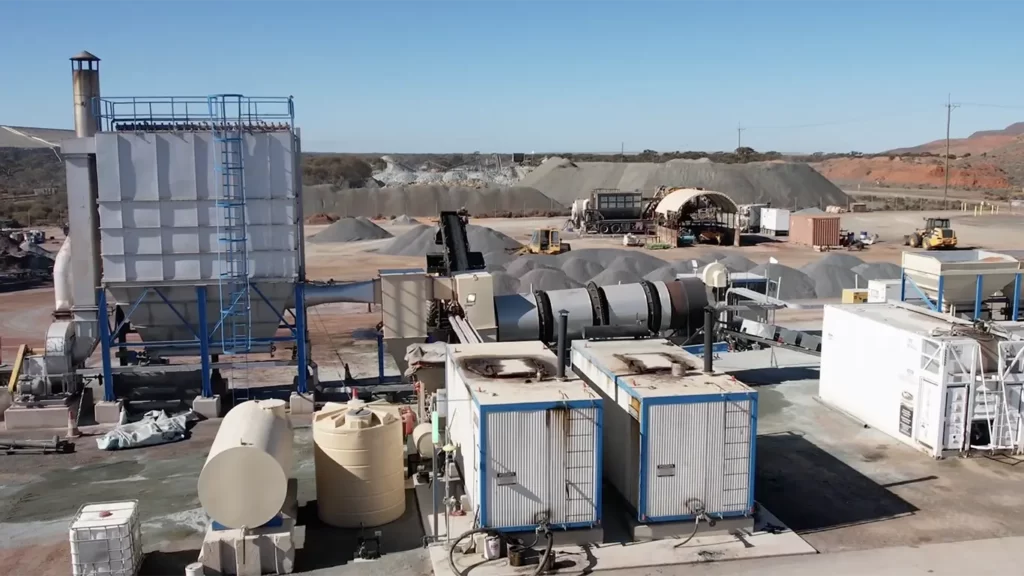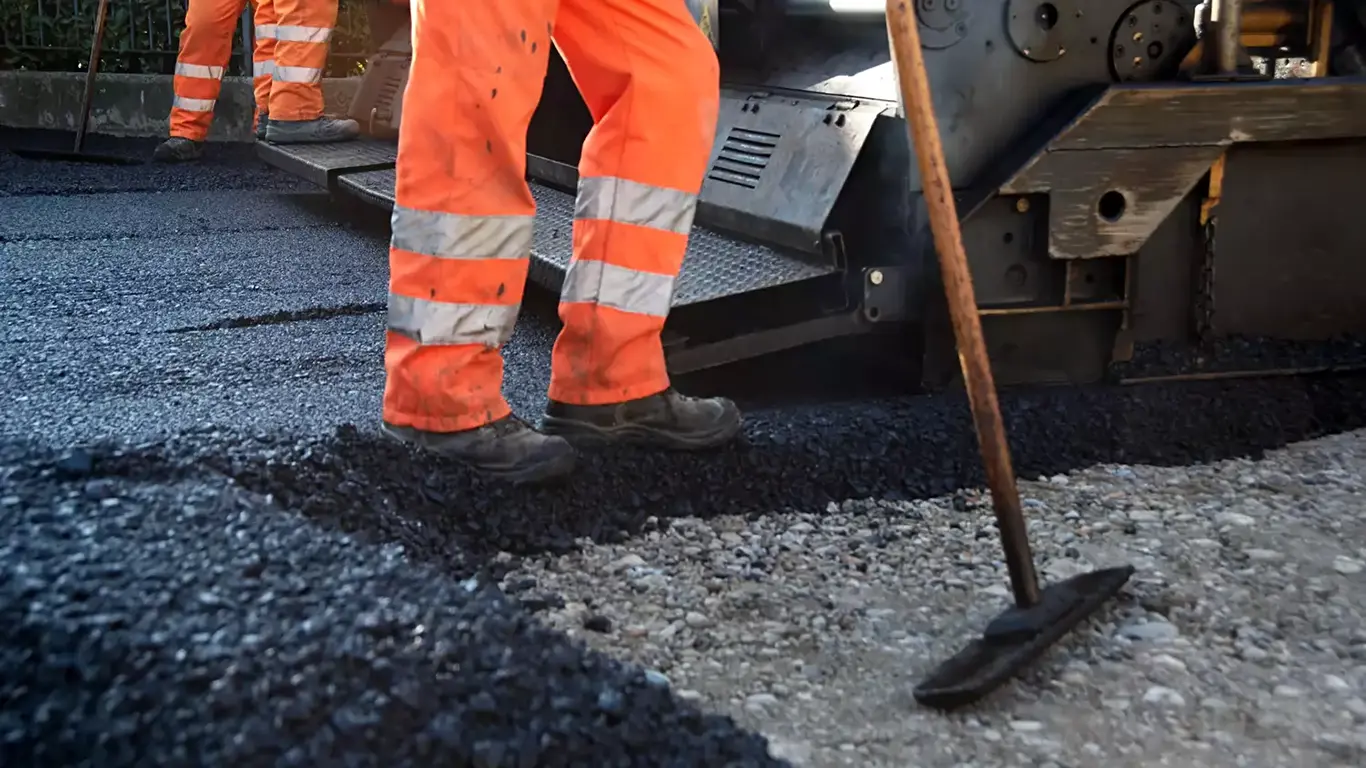Asphalt, a fundamental component of modern road construction, comes in two primary forms: Virgin Asphalt and Recycled Asphalt. Both play a vital role in creating durable road surfaces, but they differ significantly in their origins, composition, and applications. Let’s delve deeper into the distinctions between these two asphalt variants and explore their respective benefits.
Virgin Asphalt: Paving with Fresh Strength
Virgin Asphalt, often referred to as Hot Mix Asphalt (HMA), is freshly mixed or batched asphalt produced from a precise combination of coarse and fine aggregates (crushed rock), filler (dust and/or hydrated lime), and bitumen. These materials are heated and expertly blended together in a mixing/batching plant while hot, creating a robust and versatile mixture. This freshly prepared asphalt is commonly used for roads, paths, car parks, driveways, and airstrips, providing a smooth and durable surface for various transportation and infrastructure needs.
Recycled Asphalt: Sustainability in Renewal
Recycled Asphalt, on the other hand, represents a sustainable approach to asphalt use. It involves the reconstitution of asphalt that has been removed from existing paved roads. This reclaimed asphalt is first crushed or broken down into manageable particle sizes, transforming it into a dry product. The particles are carefully sized to enable efficient reheating during the rejuvenation process.
Recycled Asphalt contributes to environmentally responsible practices, reducing waste and conserving valuable resources. By reusing existing materials, it reduces the demand for new raw materials, making it an eco-friendly choice for road construction and maintenance.
The Rejuvenation Process: A Blend of Art and Science
In the recycling process, aged and reclaimed asphalt may require the addition of specific additives to enhance binding properties and ensure effective compaction. These additives facilitate the rejuvenation of the recycled asphalt, enabling it to regain its structural integrity and strength. Through a careful combination of art and science, recycled asphalt can be transformed into a highly functional and sustainable material for road surfaces.
Choosing the Right Mix: Finding the Perfect Balance
Both Virgin and Recycled Asphalt offer unique advantages in different scenarios. Virgin Asphalt guarantees the highest quality and consistency, making it ideal for critical roadways, high-traffic areas, and locations where performance is paramount. On the other hand, Recycled Asphalt shines in sustainable road construction projects, where a balance between environmental responsibility and functionality is sought.
Conclusion: Embracing Versatility and Sustainability
In the ever-evolving landscape of road construction, both Virgin and Recycled Asphalt play vital roles. The versatility of Virgin Asphalt ensures smooth and resilient surfaces for diverse applications, while Recycled Asphalt champions sustainability and resource conservation. By understanding and embracing the differences between these two asphalt variants, we pave the way to a greener, more efficient, and enduring road network for generations to come.




